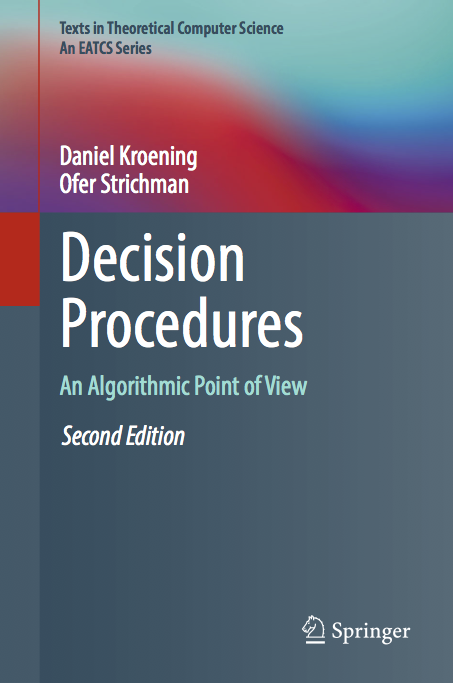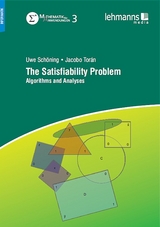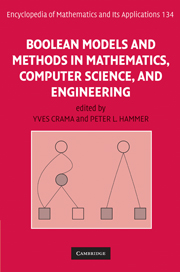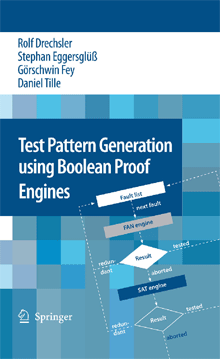SAT 2022 Call for Papers
Scope
SAT 2022 welcomes scientific contributions addressing different aspects of the satisfiability problem, interpreted in a broad sense. Domains include MaxSAT and Pseudo-Boolean (PB) constraints, Quantified Boolean Formulae (QBF), Satisfiability Modulo Theories (SMT), model counting, as well as Constraint Satisfaction Problems (CSP). Topics include, but are not restricted to:
- Theoretical advances (including algorithms, proof complexity, parameterized complexity, and other complexity issues);
- Practical search algorithms;
- Knowledge compilation;
- Implementation-level details of SAT solving tools and SAT-based systems;
- Problem encodings and reformulations;
- Applications (including both novel applications domains and improvements to existing approaches);
- Case studies and reports on insightful findings based on rigorous experimentation.
Out of Scope
Papers claiming to resolve a major long-standing open theoretical question in Mathematics or Computer Science (such as those for which a Millennium Prize is offered), are outside the scope of the conference because there is insufficient time in the schedule to referee such papers; instead, such papers should be submitted to an appropriate technical journal.
Paper Categories
Submissions to SAT 2022 are solicited in two paper categories, describing original contributions.
- Regular papers (up to 15 pages, excluding references)
- Tool papers (up to 8 pages, excluding references)
Regular papers should contain original research, with sufficient detail to assess the merits and relevance of the contribution. For papers reporting experimental results, authors are strongly encouraged to make their data and implementations available with their submission. Submissions reporting on case studies are also encouraged, and should describe details, weaknesses, and strengths in sufficient depth.
Tool papers must obey to a specific content criteria. A tool paper should describe the implemented tool and its novel features. Here “tools” are interpreted in a broad sense, including descriptions of implemented solvers, preprocessors, etc., as well as systems that exploit SAT solvers or their extensions for use in interesting problem domains. A demonstration is expected to accompany a tool presentation. Papers describing tools that have already been presented previously are expected to contain significant and clear enhancements to the tool.
Submissions
Submissions should not be under review elsewhere nor be submitted elsewhere while under review for SAT 2022, and should not consist of previously published material.
Submissions not consistent with the above guidelines may be returned without review.
Besides the paper itself, authors may submit a supplement consisting of one file in the format of a gzipped tarball (.tar.gz or .tgz) or a gzipped file (.gz) or a zip archive (.zip). Authors are encouraged to submit a supplement when it will help reviewers evaluate the paper. Supplements will be treated with the same degree of confidentiality as the paper itself. For example, the supplement might contain detailed proofs, examples, software, detailed experimental data, or other material related to the submission. Individual reviewers may or may not consult the supplementary material; the paper itself should be self-contained.
One author of each accepted paper is expected to present it at the conference.
Deadlines
- Abstract submission: February 21
- Paper submission: February 28
- Author response period: March 28 – April 1
- Author notification: Mid-April
Best Paper Awards
If the main author is a student, both in terms of work and writing, the paper may be considered for a best student paper award.










